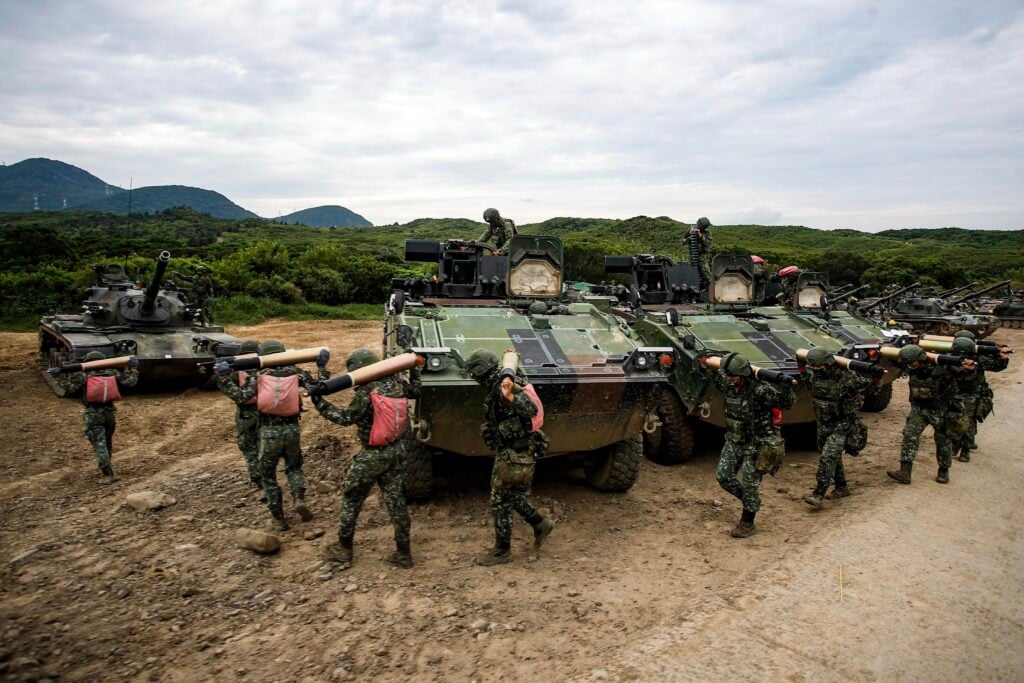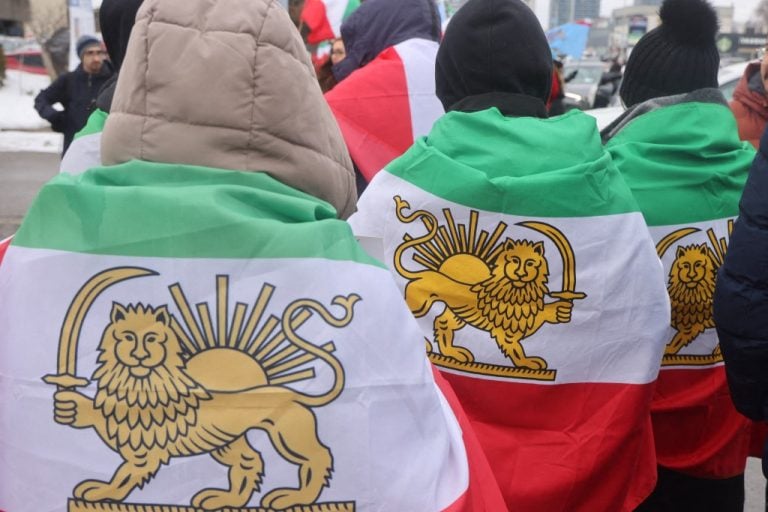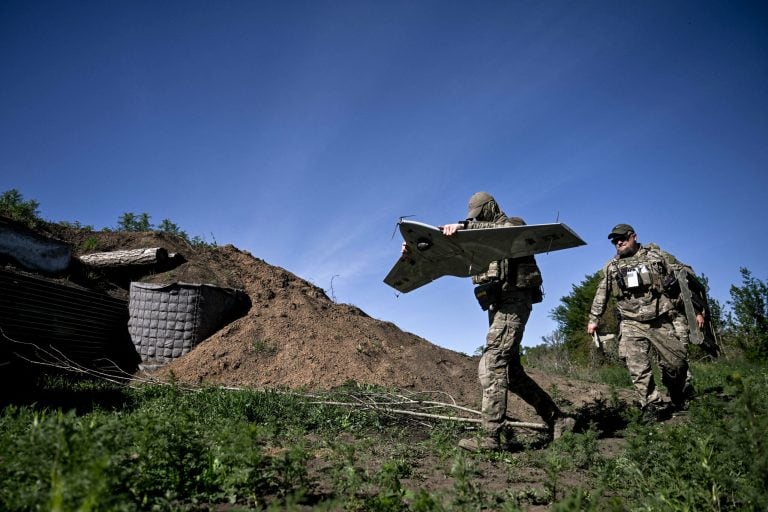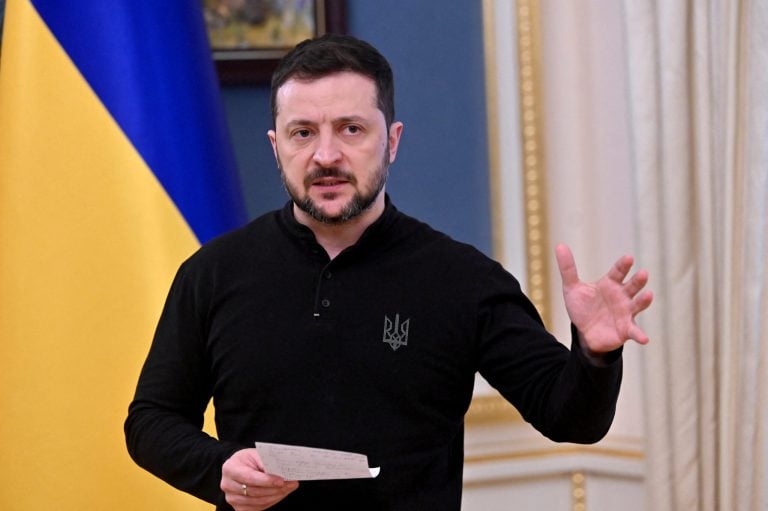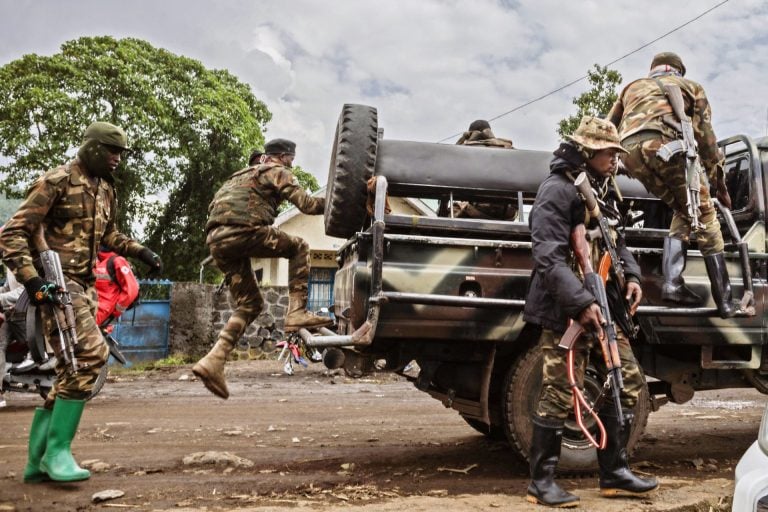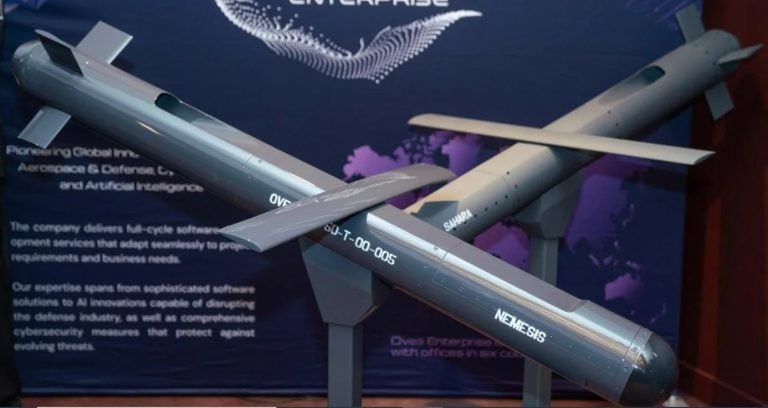Taiwan has recently revised its conscription policies to enhance national security amid ongoing tensions with China. This change specifically targets individuals with close ties to China, which officials assert is a necessary precaution.
Previously, individuals residing in Taiwan who were originally from China faced restrictions on military service. They were not permitted to serve in sensitive roles related to intelligence, communications, aviation, or naval operations and were also barred from assisting high-ranking Taiwanese military officers. The updated regulations have expanded these prohibitions to encompass eight new categories of military assignments, although the specific positions impacted have not been disclosed to the public.
The revised guidelines now apply not only to residents who are Chinese nationals but also to individuals of service age who have varied connections to Beijing. This includes those who have previously held citizenship in China, Hong Kong, or Macau, as well as those who have given up their Taiwanese residency for status in those regions. Additionally, individuals who have attended educational institutions associated with Chinese governmental agencies fall under the purview of these new rules.
Conscripts identified as having connections to China are placed on a specialized list maintained by the Ministry of the Interior. Each individual is subject to rigorous monitoring, including personal interviews to gauge their behavior, performance, and familial interactions. In the previous year, Taiwan’s military noted 387 conscripts with such ties, a figure that, despite being less than one percent of total conscripts, remains a significant area of concern for security officials.
Defense Minister Wellington Koo has also emphasized that Taiwanese citizens who possess Chinese nationality are still obligated to complete their mandatory military service. However, these individuals undergo a thorough evaluation and screening process, which includes counseling and restrictions from engaging in roles that involve classified information. Koo highlighted that these measures are designed to effectively mitigate risks of potential treasonous activities within the military ranks.
